10. The Gold Rush

Set in a basic reality where each man is out for himself, The Gold Rush remains one of Charlie Chaplin’s most grievous yet entertaining rom-coms. As a naturally guiltless miner in the far northern scope of North America, Chaplin battles to accommodate the distinction between life as it ought to be, and the way that it frequently truly is. The film’s feeling of “sensational satire”, to utilize Chaplin’s expression, is a dismissal of self-centeredness and skepticism, and it makes Chaplin’s brazen positive thinking even more clashing. Liberality is passing, love is dream and noble cause is living in fantasy land – yet each of the three excellencies endure in a climate as brutal as the Alaskan tundra. The Gold Rush is a wistful film for any individual who by and large loathes nostalgia. – Simon Abrams (Credit: Criterion Collection)
9. Chinatown
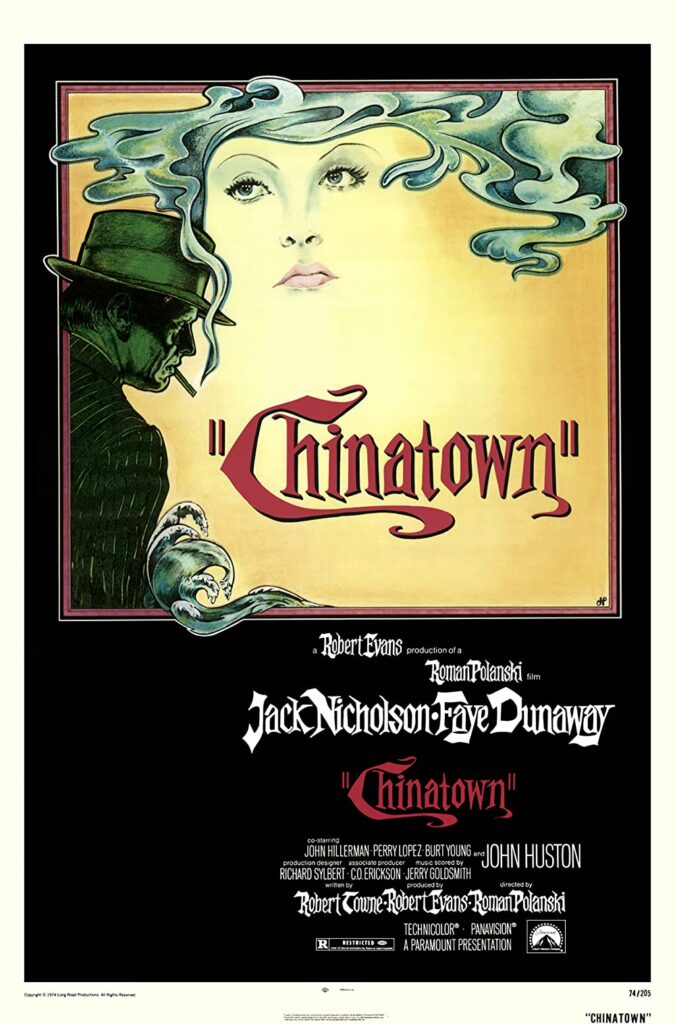
Suitable platitude: they don’t make motion pictures like Chinatown any longer. Watching Roman Polanski’s film in 2015, clearly this is what the second time of True Detective needs to imitate so seriously. Also, who can fault anybody for attempting to recover what Chinatown’s own continuation, The Two Jakes, couldn’t pull off: catching the coarse side of the Los Angeles underside without hitting you over the head about exactly the way that abrasive it is. Its 1930s setting, its New Hollywood 1970s creation – and a chief, Roman Polanski, working in his prime with one of the best scripts at any point composed – all consolidate to make something difficult to recreate. Goodness, individuals have attempted and will keep on attempting: yet fail to remember it, Jake, it’s Chinatown. – Mike Ryan, Uproxx (Credit: Paramount Pictures)
8. The Godfather Part II
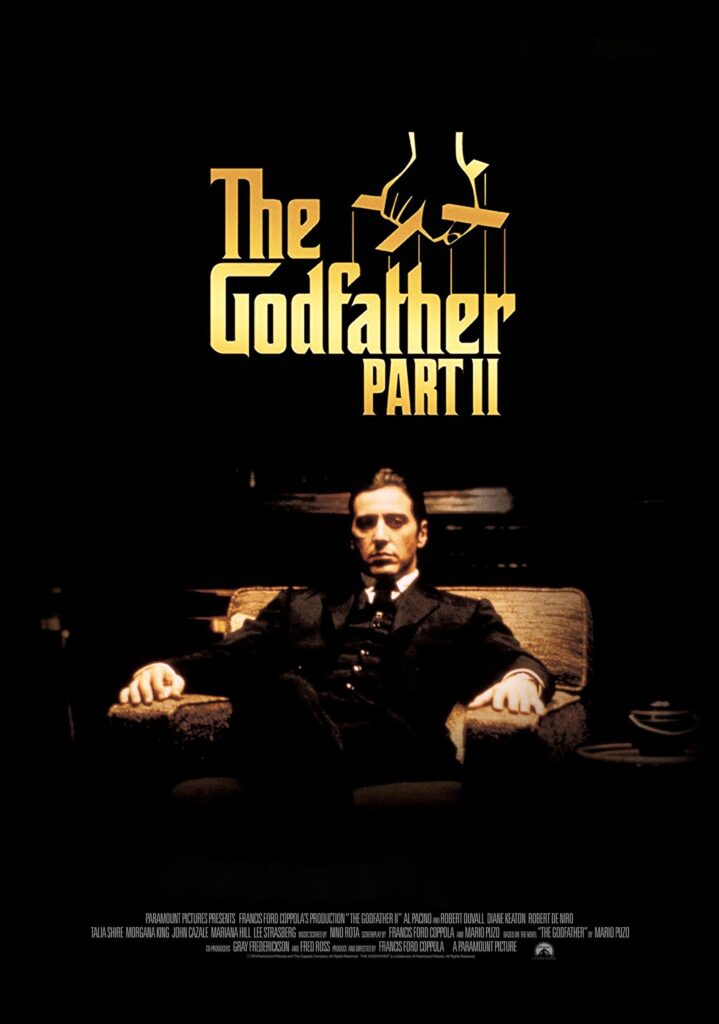
An investigation of insidious and the defilement of force, local area and family, The Back up parent set of three assumed the legend of the mafia to make the transcending accomplishment of the wrongdoing film kind. A fourth of a century after the fact, it would likewise shape the oblivious reason for the HBO series, The Sopranos. Following the equal destinies of Vito Corleone, a youthful Sicilian worker who shows up in New York toward the start of the 100 years and ascends to the highest point of the city’s coordinated wrongdoing, and his main beneficiary Michael, whose rule drops into damnation 40 years after the fact, Part II is the most profound and generally beautiful of the three movies. It’s an operatic work of art with Shakespearean hints whose cast (lead by Robert De Niro and Al Pacino), music (by Nino Rota) and melancholy lighting (by cinematographer Gordon Willis), have all become amazing. – Isabelle Regnier, Le Monde (Credit: Paramount Pictures)
7. Psycho
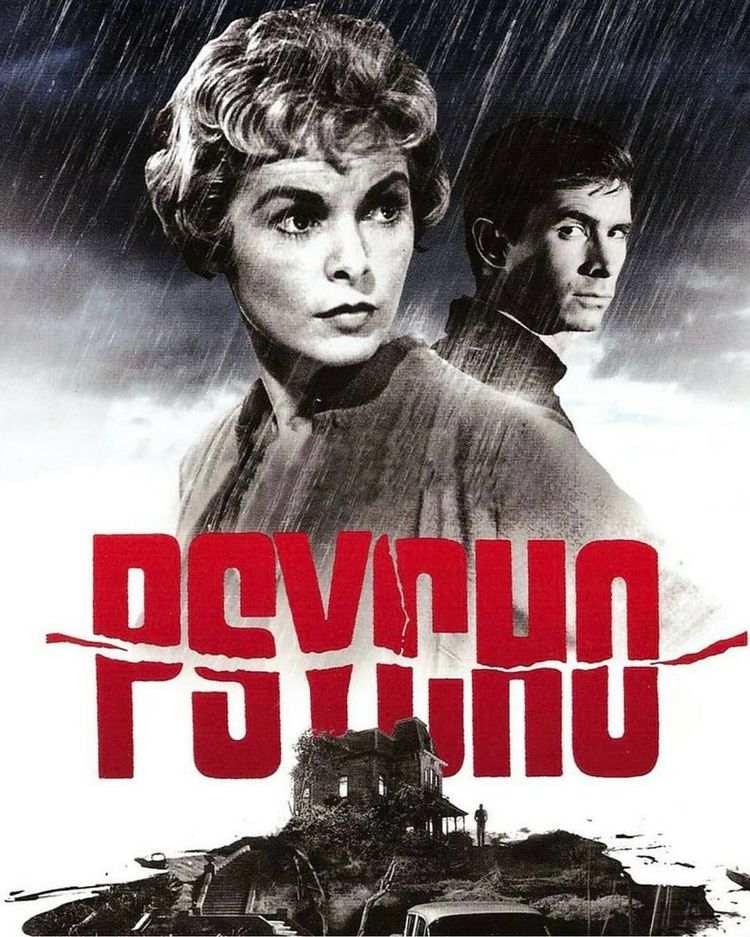
Psycho is maybe generally popular for its shower scene, wherein horrendous savagery is passed exclusively on through film cuts as opposed to real ones. Killing off his champion from the get-go in the film is just a single way Hitchcock disregards the implied agreement among film and watcher, rebuffing onlookers for their voyeurism. Reprimanded by some for its sexism and lauded by others for its undermining of orientation jobs, the film has evoked incalculable understandings. In the end it opposes them all and perplexes the onlooker with its chilling last scene wherein “Mother” talks through her detained child, killer Norman Bates, fighting her blamelessness to the concealed informers she knows are gazing back. – Tania Modleski (Credit: Universal Pictures)
6. Singin’ in the Rain
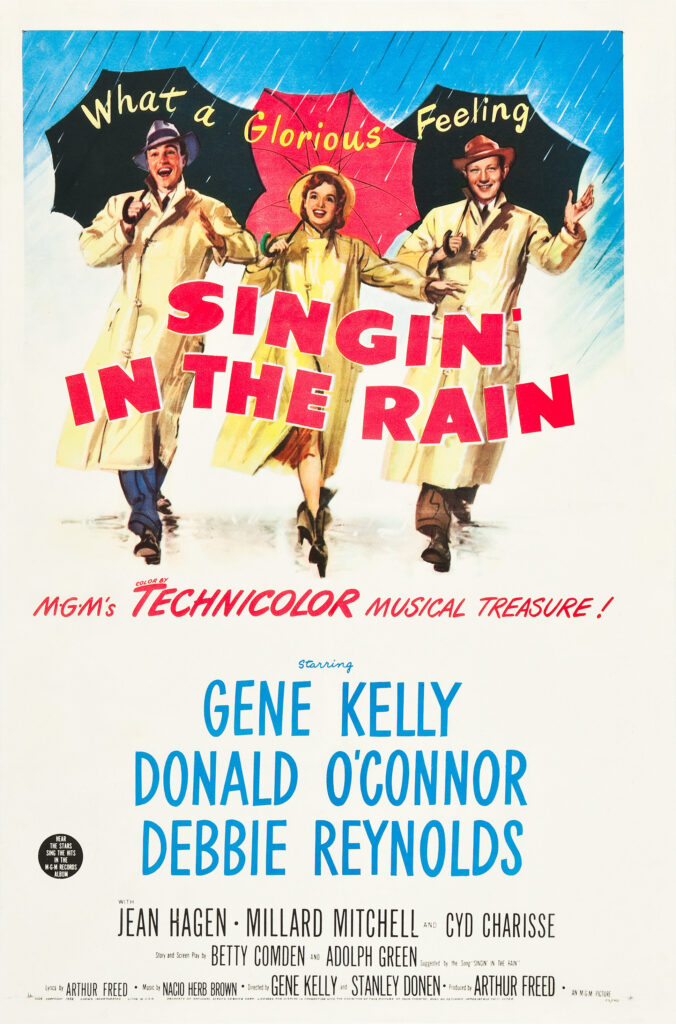
Singin’ in the Rain is the most surprising film melodic made by the US entertainment world, which, coincidentally, has made the most momentous musicals on the planet. Chief Stanley Donen’s film actually feels contemporary, over 60 years after its delivery. It has two of the most vital melodic numbers in film history: Make them Snicker, with the shocking trapeze artistry of Donald O’Connor, and Singin’ in the Downpour, where the amazing Quality Kelly makes the troublesome look easy. The plot offered a behind the stage investigate the manner in which the enormous studios used to make films, many years before DVD additional items uncovered how Hollywood functions. In addition, while in numerous musicals the melodies spring up from no place, in Singin’ in the Downpour they are consistently incorporated into the narrating. Most importantly, the main justification for why no film darling can miss this film is that it is loads of tomfoolery, which is the reason we love great motion pictures, in any case. – Mauricio Reina, El Tiempo (Credit: MGM/Warner Brothers)
5. The Searchers

John Ford, a producer respected by Akira Kurosawa, Alfred Hitchcock and Orson Welles, worked in the most unassuming and local of American film sorts, the Western. The Searchers is the zenith of his work, a film of visual verse, investigating the profoundly American subjects of the outskirts, race disdain and independence soon after the Nationwide conflict. John Wayne stars as previous Confederate warrior Ethan Edwards, who gets back to his sibling’s family home following quite a while. In any case, the gathering is brief: two or after three days, the relatives are slaughtered by Comanche marauders and two young ladies are snatched. Edwards, a disturbing person with the neurotic fury of Skipper Ahab and the industriousness of Ulysses, gos through the following five years hunting the detainers of his snatched niece. In the a very long time since the Vietnam War, The Searchers has been progressively valued as the incomparable American verifiable legendary, impacting all that from Cab driver to Star Wars, and everlastingly updating the fantasy of vanquishing the outskirts. – Liam Lacey, Toronto Globe and Mail (Credit: Warner Brothers)
4. 2001: A Space Odyssey
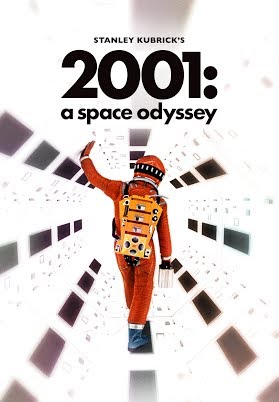
The vital theme in Arthur C Clarke’s outsider attack novel Youth’s End is that “the stars are not for man,” an assessment scandalously impugned by the creator in the book’s epigraph. However the equivalent is valid in a manner for 2001: A Space Odyssey, which battles that the following stage in human development, the dominance of room time, will require a higher animal categories than Homo sapiens. Coordinated by Stanley Kubrick from a content he co-composed with Clarke, the film is a victory of creative mind, insight and method. It moves from the theoretical to the genuine and back to the theoretical again with rich accuracy in a way that repeats man’s own transformative excursion. Inside the vast bounds of that journey, man’s relationship with innovation is coincidental, a bar in the flight of stairs to paradise. Bones, supercomputers, spaceships: these are only devices assisting human civilisation with arriving at its apotheosis. Yet, before that, Kubrick contends, will come man’s obliteration. – Ali Arikan, Dipnot television (Credit: Warner Brothers)
3. Vertigo
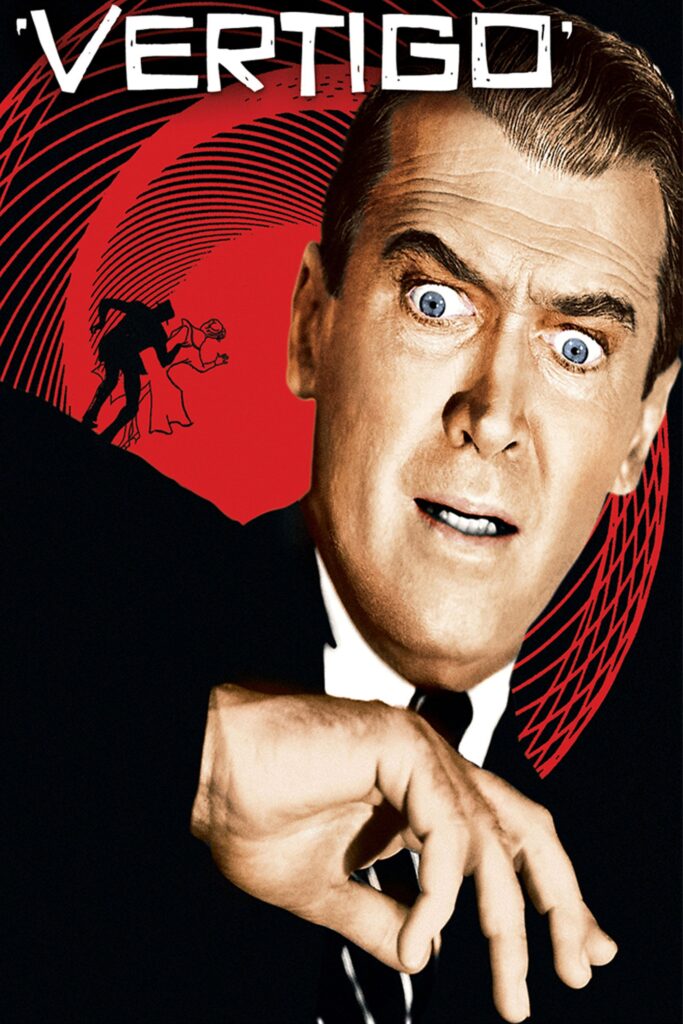
Researching the twofold existence of a secretive lady, the spouse of a well off companion, a resigned investigator falls into a mental pit. All from the initial credits planned by Saul Bass to Bernard Herrmann’s score, Alfred Hitchcock utilizes film’s devices to construct a waking bad dream, which feels like an interminable twisting of sorrow and lament. James Stewart is the epitome of the wannabe – as he previously was in Back Window (1954) and The One Who Knew Excessively (1956) – and he ends up succumbing to Kim Novak as the model of the femme fatale. Yet, what makes Dizziness different is the means by which this relationship uncovered the shortcomings and shortfalls of these two individuals – to the point that everybody can relate to it. That is the force of affection as per Hitch. – Jean-Philippe Guerand, Le Film Français (Credit: Universal Pictures)
2. The Godfather

On occasion a film scrambles toward significance, transforming slips up into favors and prevailing upon even its most difficult foes. The Guardian (1972) is one of those films. Francis Portage Coppola was generally untested when he was endorsed on to coordinate the film transformation of Mario Puzo’s crowd adventure novel, and he needed to contend energetically for his projecting decisions. From the outset, he was the one in particular who had any confidence in the remarkable new entertainer he needed to give a role as Michael Corleone. Fortunately, Coppola endured: The Guardian is inconceivable without Al Pacino, whose Michael is the all-too-effectively corruptible heart of a strong, disturbed mafia family. Coppola likewise needed to battle to get Marlon Brando given a role as Michael’s dad, Vito – once more, the chief’s senses paid off, and this entertainer who had by then been considered too troublesome, too odd, injury up giving an exhibition of unrivaled profundity and accuracy. Coppola, merging outdated craftsmanship with young bluster, assembled a shocking picture around these entertainers. There are a few extraordinary motion pictures you need, or need, to see just a single time or two times in a lifetime, however The Guardian faces rehashed viewings, uncovering yet additional wealth from the shadows each time. – Stephanie Zacharek, Town Voice (Credit: Paramount Pictures)
1. Citizen Cane

Resident Kane is an incredible American film since, similar to the actual US, it contains hoards. It is the introduction element of one astounding youthful chief – Orson Welles was only 25 when he made it – and the summit of one spearheading cinematographer’s times of development. It is an elaborately shape-moving show-stopper of realistic high innovation, and an outrageously blabber-mouthy drama. It is a Proustian thought of time and cognizance and a snatch pack of frequently humorously quotable lines (“I figure running a paper;” “I will send you to Sing would be entertaining! Sing, Gettys! Sing!” and so forth.). It is a secret story whose arrangement is essentially as plain as the nose all over. A story is tied in with narrating, particularly those we tell about ourselves – from the entrepreneur Thatcher’s gaudy grandiosity to Jed Leland’s harshness to Bernstein’s keen remorse and lament. It is a misfortune, a satire, on occasion a visualization. Welles, the chief; Gregg Toland, the cinematographer; Herman J Mankiewicz, the essayist – their names, and numerous others’, will persevere however long film culture does, as a result of Resident Kane. Similar to banner’s slogan said: “It’s stupendous!” It truly is. – Glenn Kenny (Credit: Warner Brothers)
